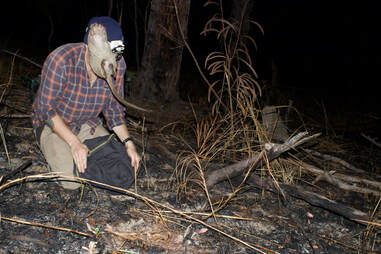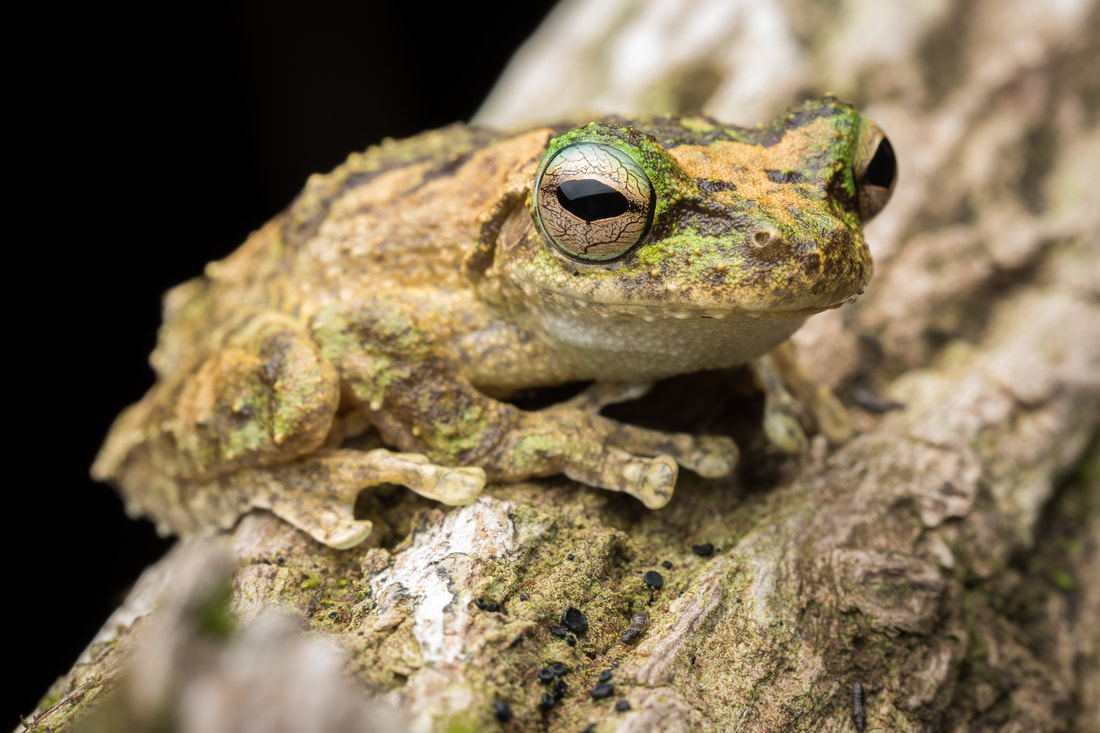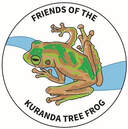|
G'day G'day my name is Ed and I’ll be the Project Coordinator this year for Kuranda Envirocare’s Frog Friendly Waterways citizen science program. That’s a bit of mouthful but the basics are I’ll be helping to lead and teach anyone that wants to get involved in our activities that gather data on our local critically endangered frog the Kuranda tree frog (Litoria myola) Some of you may have met me if you have come along to a frog monitoring night over the last 3 years, but it’s a bit tricky in the dark when we all have head torches to remember names and faces. |
AuthorEdward Bell ArchivesCategories
All
|
|
|
|





 RSS Feed
RSS Feed